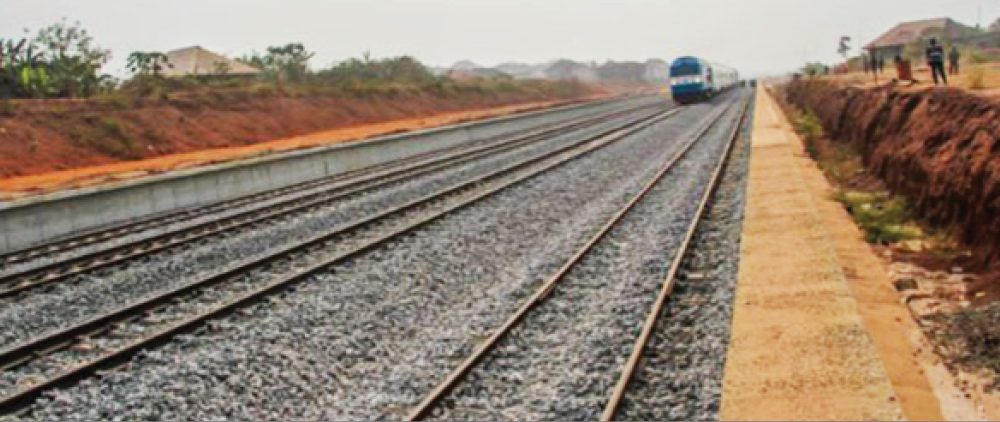News
Communities Demand Fair Compensation for Losses in Kano-Niger Rail Project

Construction work on the $1.96 billion Kano-Niger rail project has intensified, despite ongoing disputes over compensation for residents displaced by the project. The rail line, which spans 283.75 kilometers and connects Kano, Katsina, and Jigawa states in Nigeria to Maradi in Niger Republic, has faced criticism from affected communities over unpaid and inadequate settlements.
The project, financed in part by the African Development Bank (AfDB) and approved by the Federal Executive Council in September 2020, impacts 122 communities across 25 local government areas in Nigeria and 11 communities in Niger. Findings indicate that 3,252 displaced persons are yet to be compensated three years into the project, with many others dissatisfied with the amounts they received.
Residents of affected communities, including farmers whose farmlands lie along the railway’s right of way, have expressed frustration at the delays. Babangida Idris, a farmer from Katsina State, said he and several others have been waiting for compensation for months despite promises made by officials. Similarly, Alhaji Nuhu Idi from the same state described his payment of ₦250,000 as grossly inadequate, noting that it did not reflect the current economic realities.
Read Also: Burna Boy Issues Warning to Speed Darlington After Release
In Jigawa State, residents reported that additional farmlands were acquired for the construction of an overhead bridge, but compensation for those acquisitions has yet to be paid. Some farmers also complained about discrepancies in valuation methods used to calculate their settlements. The project’s audit revealed that the compensation was based on a depreciation valuation method instead of the replacement valuation method mandated by AfDB policies, leaving many affected persons poorer than before.
While some communities, such as Kayauki village in Katsina, expressed satisfaction with the payments received, others accused contractors of short-changing them. Farmers also cited deductions such as bank charges that further reduced their payments.
Despite these grievances, construction continues on the rail project, which is expected to be completed by 2026. Community leaders and displaced residents are calling on the government and project contractors to expedite compensation payments and ensure fair treatment in line with international standards.
The audit has recommended a review of compensation amounts to align with AfDB policies, which require that displaced persons receive property of equal or higher value, or cash compensation that reflects the full replacement cost. As the project progresses, resolving these issues will be key to restoring trust and ensuring the success of this major infrastructure initiative.